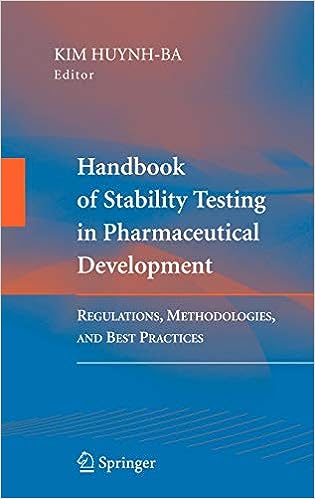Stability Studies in Pharmaceuticals
Stability studies in pharmaceuticals are scientifically designed and controlled experiments conducted to assess the physical, chemical, and microbiological attributes of a drug product over time under various storage conditions.
The primary objective of stability studies is to determine how a drug product’s quality, safety, and efficacy change as it is exposed to different environmental factors, such as temperature, humidity, light, and other stressors.
Stability studies are critical for various reasons:
- Establishing Appropriate Storage Conditions: Determine the optimal storage conditions that maintain the drug’s quality and potency.
- Setting Shelf Life and Expiry Dates: Calculate the period during which a drug product remains safe and effective for patient use.
- Ensuring Patient Safety: Guarantee that the drug maintains its intended therapeutic effect and does not pose any harm to patients.
- Compliance with Regulatory Requirements: Provide data required by regulatory agencies to demonstrate product stability and quality.
Key aspects of stability studies include:
- Testing Parameters: Evaluating attributes such as potency, degradation products, dissolution, and physical appearance.
- Storage Conditions: Subjecting drug products to various conditions, including long-term, accelerated, and specific storage conditions.
- Sampling Intervals: Collecting samples at predetermined time points to assess changes in stability over time.
- Analytical Methods: Utilizing rigorous analytical methods validated for accuracy to measure changes in attributes.
- Statistical Analysis: Analyzing data to identify trends, degradation pathways, and predict shelf life.
- Documentation: Maintaining comprehensive records of study protocols, reports, and data.
- Regulatory Compliance: Meeting regulatory requirements by conducting stability studies during drug development.
- Ongoing Monitoring: Continuously monitoring stability even after regulatory approval to ensure long-term quality.
Stability studies provide critical insights into a drug product’s behavior over time and environmental conditions, ensuring that the product maintains its intended quality, safety, and efficacy throughout its shelf life.
